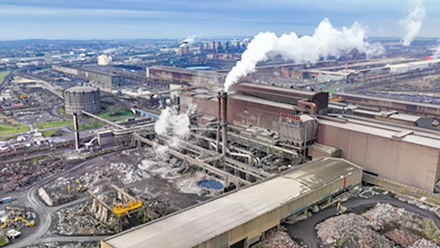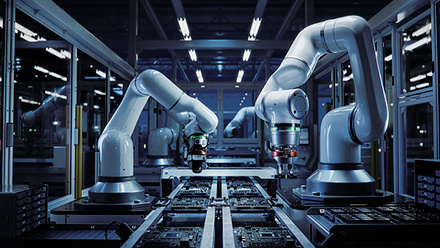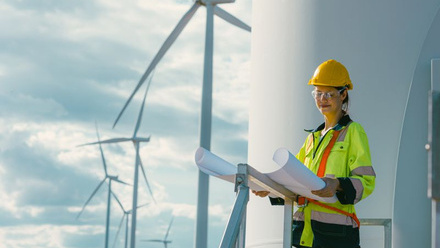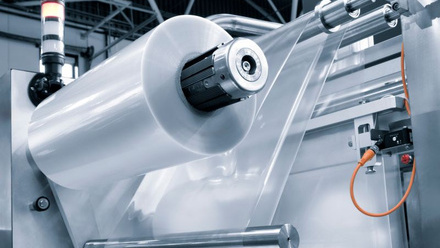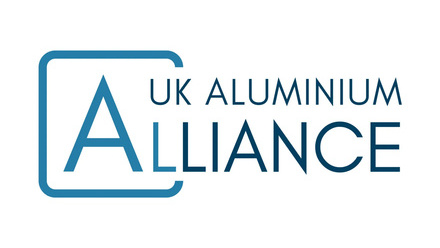British industry and unions welcome reduction of US tariffs on exports
The scrapping of US tariffs on British steel and aluminium, and reduction on the first 100,000 cars, is well received.
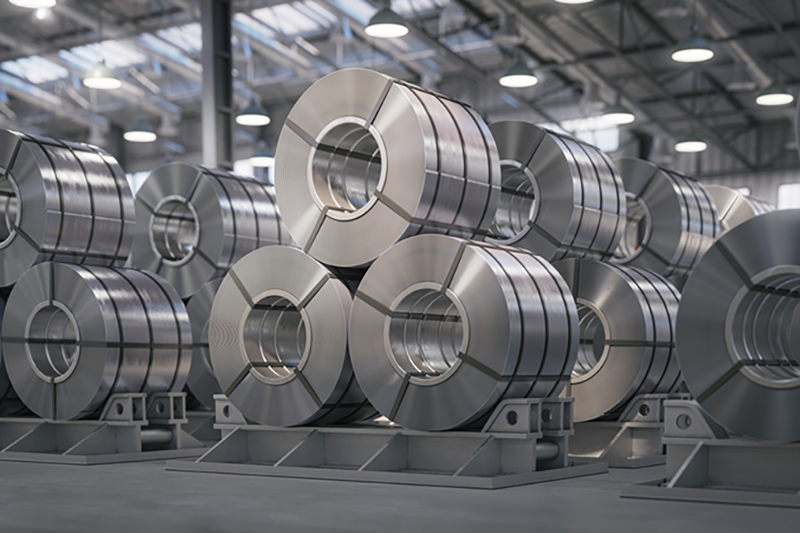
The British Government says tariffs on steel and aluminium being exported to the US will reduce to zero, while car export tariffs will reduce from 27.5% to 10%. This will apply to a quota of 100,000 UK cars, almost the total the UK exported last year.
The deal was welcomed by IOM3, industry and unions.
IOM3 CEO Colin Church CEnv FIMMM comments, ‘IOM3 welcomes the removal of tariffs on UK steel exports to the US announced yesterday. This will support domestic capacity and resilience, and help the UK steel industry remain competitive while it undergoes the necessary transition to greener steel.’
Trade body Make UK CEO, Stephen Phipson CBE, says, 'Industry will welcome this announcement, which is a recognition that the government was right not to overreact and instead pursue a mature, calm and pragmatic approach to negotiations.
'This has paid dividends by providing immediate relief to some of our most important and strategic manufacturing sectors, which provide many thousands of highly skilled jobs which will now be protected.'
'The UK Government deserves enormous credit for negotiating this deal to remove US tariffs, which would have had a hugely damaging impact on our steel sector,' added Community Trade Union assistant general secretary Alasdair McDiarmid.
'This new agreement will protect jobs here in the UK, save our industry tens of millions of pounds a year and provide much-needed certainty to enable future investments.'
In further positive news, British Steel has announced that it will start recruiting for more than 180 new employees as it prepares to ramp up production.
The company, which is now overseen by the government, has secured the raw materials to maintain a two-blast furnace operation and will significantly increase iron and steel production in the coming months.
To support this, the company is advertising for a wide variety of professional, skilled and non-skilled roles at their sites in Scunthorpe, Teeside and Skinningrove.
The company is hosting a recruitment open day on Saturday 17 May 2025 at its Scunthorpe Conference Centre.
The Prime Minister made the tariff announcement from Jaguar Land Rover's site in Solihull in the West Midlands.
CEO Adrian Mardell notes, 'The car industry is vital to the UK’s economic prosperity, sustaining 250,000 jobs. We warmly welcome this deal which secures greater certainty for our sector and the communities it supports.'
Unite general secretary Sharon Graham adds, 'Workers will be relieved as [the] agreement provides some respite on US tariffs and lessens immediate threats to jobs.'
However, Graham also says this is not a long-term solution to the challenges facing UK industry, and tariffs have highlighted the need to properly protect UK industry.
'Government action should include a reduction in energy costs, clear rules on buying British goods and a reform of the ZEV mandate, which protects car workers jobs,' she says.
Unite is calling for the government to implement the following measures:
- An immediate reduction in industrial energy prices, which make UK goods uncompetitive
- Designating the steel industry a critical national infrastructure area to ensure that all UK infrastructure projects use UK steel
- Complete reform of the ZEV mandate for UK-produced cars including a clear jobs plan
- Commitment to buy British goods wherever possible, including purchasing new UK built Typhoon jets and not American made F-35s.
Britain will also remove the current tariff on ethanol from the US, which is widely used in manufacturing.
The government reports that work will continue on remaining sectors, including pharmaceuticals and remaining reciprocal tariffs, but the US has agreed the UK will receive preferential treatment in any further tariffs imposed as part of Section 232 investigations.
It says the deal opens the possibility of a future UK-US technology partnership in key areas such as biotech, life sciences, quantum computing, nuclear fusion, aerospace and space.
Lastly, the Digital Services Tax remains unchanged, but there is an agreement to work on a digital trade deal to reduce paperwork for British firms wanting to export to the US.




